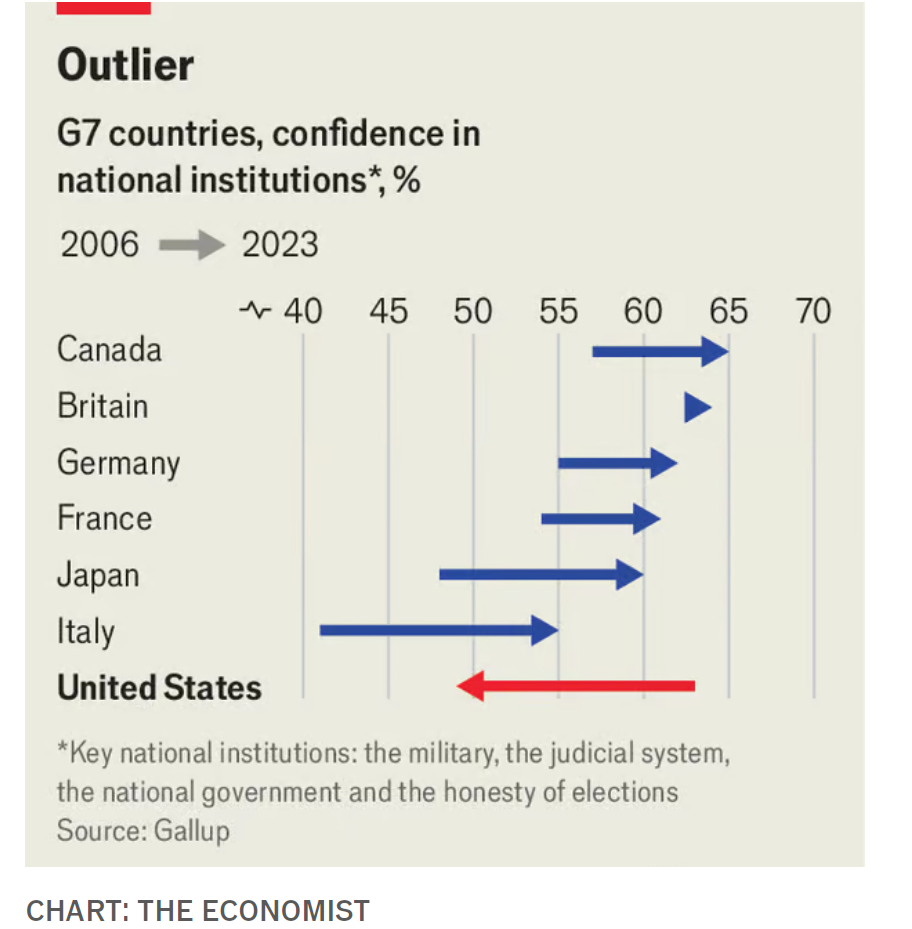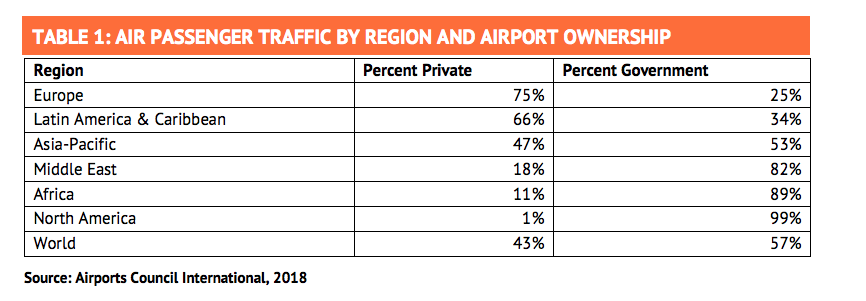1. The FT reports that we are edging ever closer to WWIII:
European intelligence agencies have warned their governments that Russia is plotting violent acts of sabotage across the continent as it commits to a course of permanent conflict with the west.
Russia has already begun to more actively prepare covert bombings, arson attacks and damage to infrastructure on European soil, directly and via proxies, with little apparent concern about causing civilian fatalities, intelligence officials believe.
And yet most of our foreign policy experts assure us that China is the real threat.
2. One option would be for Taiwan to build enough houses to match its population. Instead, Taiwan has chosen to fix its housing stock and reduce its population to match the available housing:
One way or another, Taiwan’s housing crisis will resolve itself. Currently each generation is half the size of the one before. Taiwan’s population has plateaued and is beginning to fall. In the absence of change, demand (i.e. the number of people wanting houses) will continue to fall to meet static supply, leaving another generation locked out, and with dramatic implications for Taiwan’s future.
Read the whole thing, and shake you head in disbelief.
3. Don’t beleive the hype. Biden has not decriminalized marijuana. Here’s Reason magazine:
In a campaign video directed at “young voters” that she posted on X (formerly Twitter) in February, Vice President Kamala Harris bragged that “we changed federal marijuana policy, because nobody should have to go to jail just for smoking weed.” During his State of the Union address in March, President Joe Biden said he was “expunging thousands of convictions for the mere possession [of marijuana], because no one should be jailed for simply using or have it on their record.” . . . Neither claim was accurate.
Even if Biden had the power to unilaterally decriminalize low-level marijuana possession, that step would not address today’s central cannabis issue: the conflict between federal law and the laws of the 38 states that have legalized marijuana for medical use, including two dozen, accounting for most of the U.S. population, that also allow recreational use. Resolving that conflict would require repealing the federal marijuana ban—a change that Biden has steadfastly refused to support.
4. Reason has another piece noting how the war on drugs is spreading to other areas:
And people need not know they’re involved with a minor to be guilty of child sex trafficking. A 17-year-old could post an ad online, pretend to be 19, and meet up with someone (perhaps barely over 18 himself) looking to pay another adult for sex. The person paying would be guilty of human trafficking in the first degree even if he had no reason to believe the person he paid was a minor. In fact, Alabama law specifically states that “it is not required that the defendant have knowledge of a minor victim’s age, nor is reasonable mistake of age a defense to liability under this section.” . . .
Whatever culpability should accrue to individuals in the above situations, I think most people would agree that life in prison would be too harsh. But under Alabama’s new Sound of Freedom law, a life sentence would be possible in all cases and mandatory in cases where the offender was at least 19 years old.
Here’s something to think about. Is the life sentence appropriate because a 19-year old had sex with a 17-year old? Or is the life sentence appropriate because money changed hands? And what sort of punishment would be appropriate for serial killers?
5. Over the past eight years, I’ve documented the gradual US slide toward banana republic status. But much of the evidence is highly subjective. Now The Economist has some much more specific evidence:
As far as stereotypes go, brash national self-confidence has long been a defining feature of how Americans are viewed abroad. In 2006, when Gallup first started asking Americans about their trust in key institutions, the country ranked at the top of the G7 league table, tied with Britain. In 2023, for the first time, America came last.

6. Also from The Economist:
The [Florida] state government, however, shields homeowners from the market through a state-owned insurer of last resort, which provides policies to homes that private insurers will not cover. Citizens Property Insurance Corporation has become Florida’s largest home insurer (see chart 2). Its exposure is now $423bn, much more than the state’s public debt—and all on houses that, by definition, other insurers deem too risky to cover. This suggests that Citizens has been providing a big subsidy to homeowners from taxpayers. Flood insurance underwritten by the federal government suffers from similar flaws. First Street Foundation, which aims to track the threats to American property from climate change, calculates that home values in West Palm Beach, a glitzy city up the coast from Miami, would fall by 40% if owners had to pay the true cost of insuring against hurricanes and floods. That would wipe out many homeowners’ equity and leave lots of mortgages without adequate collateral.
Will DeSantis put an end to this sort of insurance socialism? (Don’t hold your breath–he wants to ban factory meat.)
7. In the late 1950s, we were told of a “missile gap” with the Soviet Union. It turned out to be misinformation. The newest threat to US national security is a “clean Uruguayan bus gap”:
From the snazzy seats of the e14 bus in Montevideo, Uruguay’s capital, it is hard to tell that the smooth electric machine is Chinese. Only an eagle-eyed commuter would spot the tiny window sticker bearing the name of byd, a Chinese manufacturer. Enquiries as to passengers’ concerns about the bus’s Chinese origins elicit bafflement. They are a vast improvement on the deafening gas-guzzlers they replaced. The operator has just ordered 200 more. Thousands of similar buses glide through other Latin cities. But politicians in the United States fret that Latin America’s growing reliance on Chinese green technology, from electric buses to solar panels, is a problem and even a threat.
Love the phrase “elicit bafflement”. Why don’t Uruguayans see the threat?
8. A rare piece of good news:
Assisted dying, though still controversial, is no longer a fringe issue in Britain. Bills that would allow it are already moving forward in Jersey, the Isle of Man and Scotland. The leader of the Labour Party, Sir Keir Starmer, openly supports a change in the law. He has promised a free vote (in which mps are not pressed to follow a party line) on the issue in Parliament if, as expected, his party wins the next election. . . .
In recent years assisted-dying laws have been passed in countries such as Australia and New Zealand; similar bills are set to be introduced in Ireland and France. Medical opinion is shifting. Following a survey of its membership in 2021 the British Medical Association, the largest doctors’ union, changed its stance from opposition to neutrality.
BTW, it was never a “fringe issue” among the public (which has always been supportive), it was the political elites that refuse to allow people to end their suffering.
9. Just when you thought woke madness could not get any worse:
The U.S. Census Bureau wants to ask American residents about their sexual orientation and gender identity, a move seen by activists as a long-overdue form of formal recognition that happens to be coming during a time of mixed acceptance and hostility.
I’ve got a better idea. How about stop asking people about their race, ethnicity, gender, etc. Simply count the number of “persons”, both legal and illegal, and assign House seats on that basis.
10. The Reason Foundation reports that North America (mostly the US) is by far the least capitalist region when it comes to airport privatization, trailing even lowly Africa:
